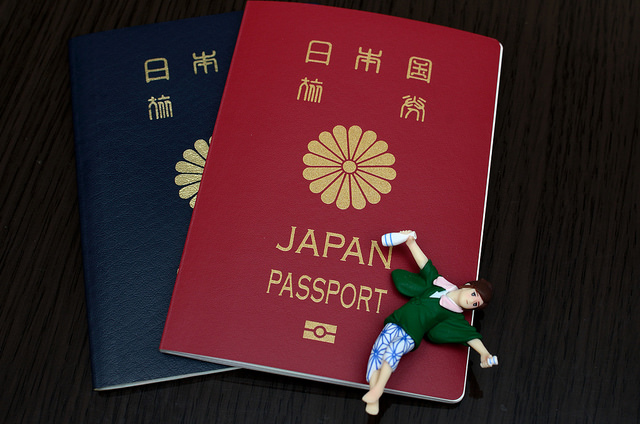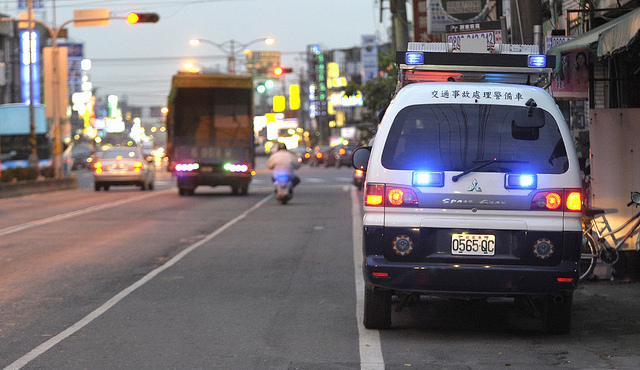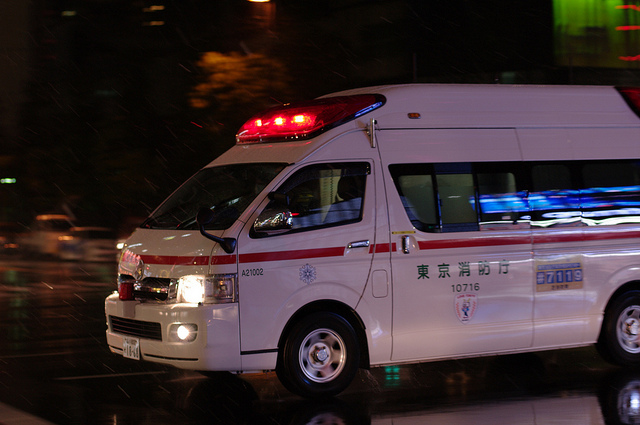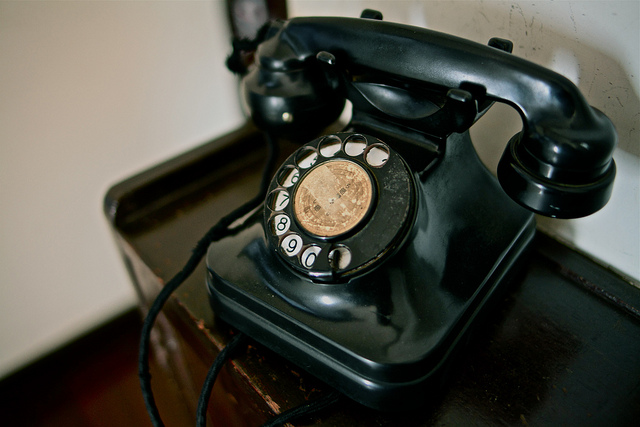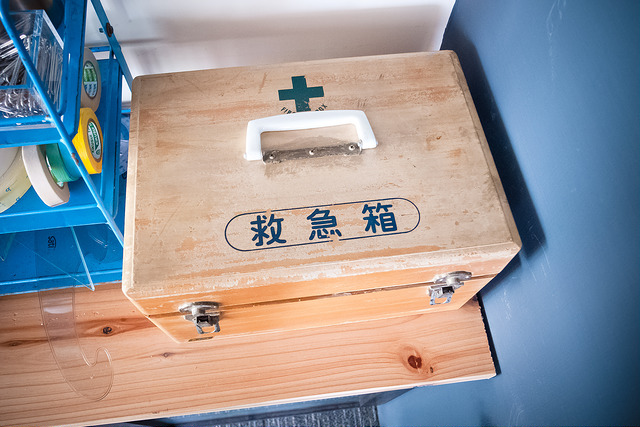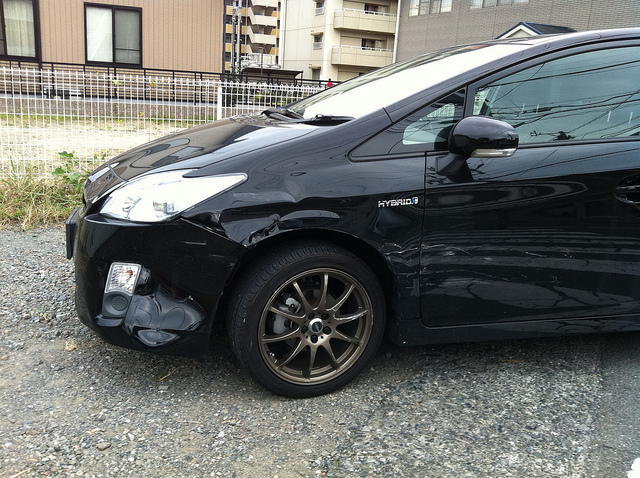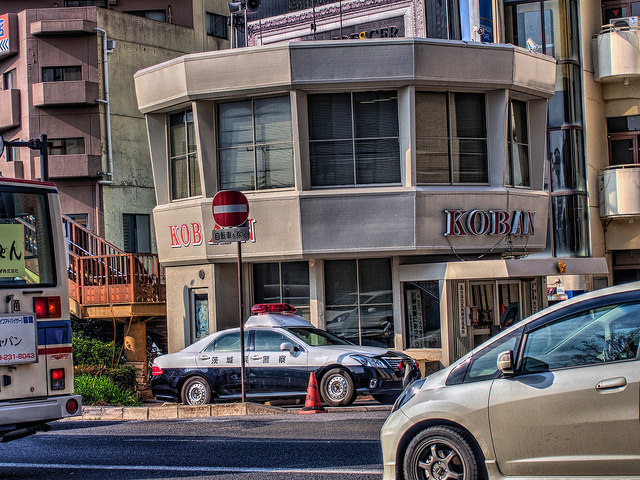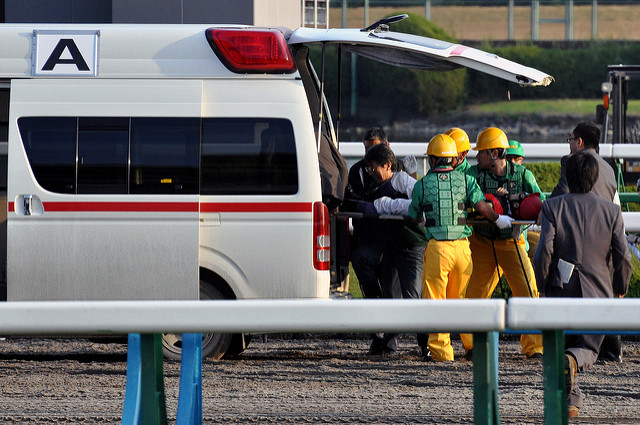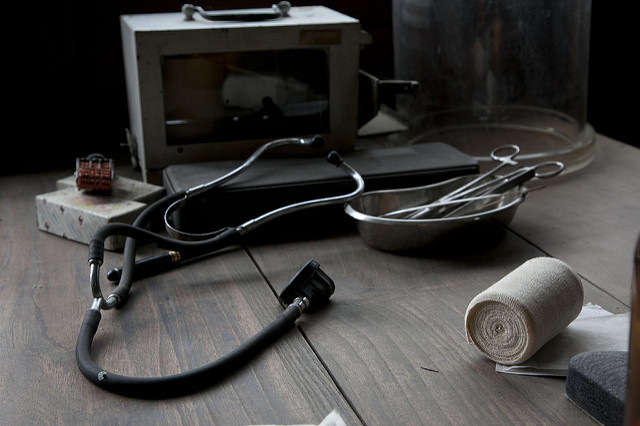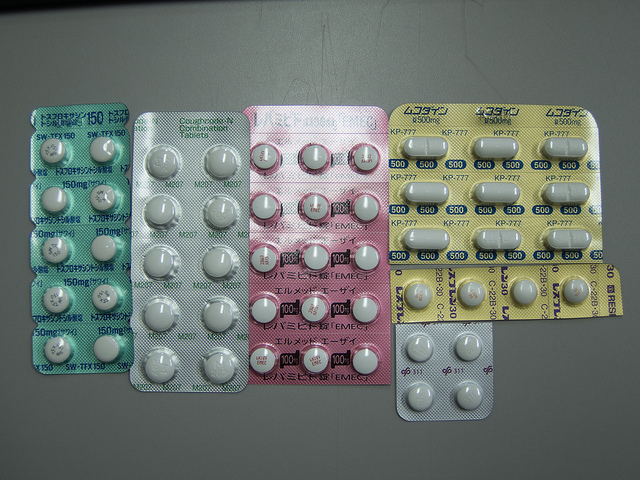
Comprehensive List of How to Deal with Emergencies in Japan
Your trip is supposed to be fun, but sometimes some trouble happens. If, during your trip, an accident, robbery, or illness occurs, here is some knowledge to be able to handle it. Hopefully this information will be useful if you ever need it.
This post may contain affiliate links. If you buy through them, we may earn a commission at no additional cost to you.
Traveling is supposed to be fun, but sometimes trouble happens, like accidents, theft, or loss of items. Car accidents, especially when you're driving a rental car, may occur since signs and traffic rules may be different from those in your country. While robberies are infrequent in Japan, it still may happen, or there is the possibility of other types of trouble like losing your passport. Here is some information of what to do if you find yourself in trouble and how to handle the situation.
1.There's been an accident!
1-A. If you caused the accident
swat_hk/flickrAccidents where you'll have to pay damages include those in which things are broken and those in which people are hurt, but in every case, please put safety first. If there are injured people or broken cars, please move to a safe space to avoid causing a second accident. If the police are called, they will ask for details on the accident, such as time and how it occurred. Please remember and confirm all the details surrounding the situation, such as time, people involved, who caused it and how, etc.
1-b.Call an ambulance and the police
Usually, the person who caused the accident takes responsibility and calls the ambulance and police. If someone is hurt and needs an ambulance, don't hesitate and call one right away. The emergency number for ambulances is 119. When the operator picks up, you'll be asked if it's a fire or if you need emergency aid, so please respond "kyuukyuu" ("emergency aid"). Afterwards, they'll ask for the address, so please respond with your location. It's important to stay calm and speak slowly. Here is an English pamphlet about the 119 emergency number: www.city.kitaibaraki.lg.jp
Also, if someone else was involved in the accident, you must call the police. Since there may be language limitations based on how much or little you speak Japanese, trying to settle the situation there may cause trouble later down the line. Please call the police no matter what. The number to call them is 110. Let them know that an accident ("jiko") has occurred and they will come over and manage the situation at the site of the accident. If you don't know whether you should call 110, you can call #9110 for advice and inquiries.
If your Japanese is not very good or is nonexistent, it may be very difficult for you to hold a phone conversation. In that case, it might be best to have someone nearby call for you. Also, pay phones are free to contact emergency numbers.
1-c.When contacting an insurance company
Yasunari(康就) Nakamura(中村)/flickrAfter you've contacted emergency services, the next step is to contact the insurance companies. The insurance company will guide you through the necessary procedures, so please follow those. The formula to dialing outside of the country is 010 + country code + area code + phone number. If you're calling a cell phone, then it's 010 + country code + cell phone number. If the area code or the cell phone number starts with a 0, please leave that out when dialing.
Here is a list of country codes:
If you've rented a car, many times it will come packaged with insurance for damages against both people and things. When traveling overseas, often the insurance in your own country won't cover accidents in other countries, so it would be good to get travel insurance before you arrive in Japan. There are credit card companies that offer secondary insurance as well. Most importantly, it is imperative to know what numbers to call in the case of an emergency.
1-d.Preventing an accident
Sheng-Ho Yuan/flickrThere is the possibility where there will be no phone around you in case of an accident. You can feel reassured that you'll always be able to make domestic phone calls if you rent a Japanese SIM card or make other similar preparations. Also, as mentioned above, it would be good to invest in travel insurance especially if you're driving a rental car because that increases the chances of accidents. There are cases of secondary insurance plans such as those attached to credit cards not being able to cover all the damages of an accident, so please be aware.
2. There's been an accident! If you're the victim
Yasunobu HIRAOKA/flickrIf you're the victim in an accident, it's roughly the same as if you caused it. If possible, call the ambulance and the police and have them come to the scene. It's important to have all the right details, such as the time of the accident and traffic conditions, as well as the other person's information. You will need it in future discussions.
Even if there's no external injuries, there may still be whiplash or other non-visible injuries. You must go to a clinic and get checked out so that a doctor can confirm that there is no after-effects from the accident. If there are any injuries from the accident, the amount of compensation may change.
Also, even if it's been settled that you were the victim in this case, make sure to contact your insurance company immediately. Depending on the situation, you may also need to contact an accident lawyer. Being on vacation means that you're already in a different situation than your normal life, so there is a chance that the situation will become more difficult than it might be normally.
3. During your trip to Japan, you've been robbed/you've lost something!
jun560/flickrJapan has very good public order and robbery is very low, but there is still the chance that you may be pick-pocketed. That, or you might lose some important items. If you've been robbed or lost something, contact an employee if it was in a train station or an officer at a police box if it was in town. The police boxes will be easy to find, and there is always an officer there. They have the word KOBAN written in front, and are often in places filled with people, such as by train stations.
When you go to the koban, you'll have to fill out a form reporting the theft or loss. If you've lost your passport, this is necessary to submit to your embassy or consulate in order to receive a new one. You'll also need other items, like a passport-sized photo, so in order to avoid all the fuss, please be careful with your passport during your trip. It would be good to note where the embassy is in the city, and also carry around passport-sized photos with you just in case.
4. You've gotten sick during your trip!
4-A. If the illness is serious
kanegen/flickrIf the illness is serious, please follow the same instructions for calling an ambulance as if there was an ambulance. Depending on the situation, such as if there are mountain roads to drive on, the ambulance may take some time to arrive. If you are in a remote place, please take extra care of yourself and those with you.
4-B. If the illness isn't that serious
astromango2009/flickrEven if you don't think the illness is serious, it would be good to go to a nearby clinic to get checked out. When you enter the clinic, you'll receive a form about your illness. Few clinics offer this form in multiple languages, so if possible, please go with someone who can speak Japanese.
Here is a list of English-speaking clinics in Tokyo:
Also, they will definitely ask for your insurance information at the clinic. There are travel insurance plans that will take care of costs from a Japanese clinic, so please confirm these details with the insurance agency before your trip.
4-C. In order to stay healthy during your trip
Takashi Nakajima/flickrDealing with being sick while on a trip is difficult and also a waste of your precious vacation time. Make sure to fortify yourself to avoid this. Since it's a different situation from what you're used to, it may be difficult to obtain medicine. It would be good to carry with you over-the-counter medicines such as headache medicine, fever reducers, stomach medicine, etc. so you can handle normal colds or pain in a way you're familiar with.
The information in this article is accurate at the time of publication.

